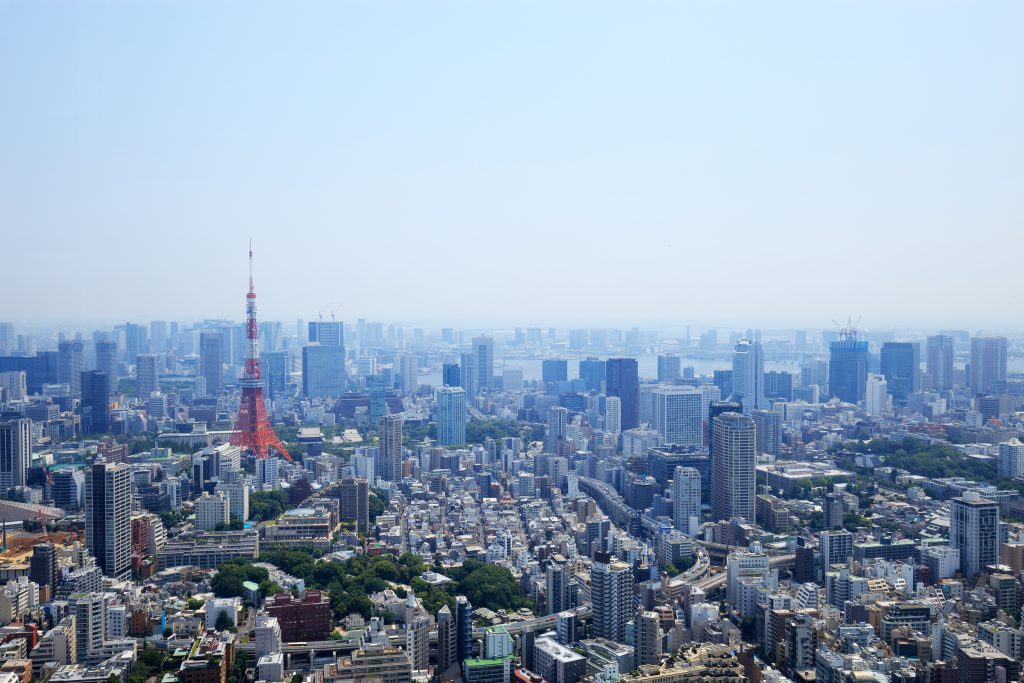
- ARAB NEWS
- 04 Jul 2025

Anthony Rowley
TOKYO: A long period of political stability could come to an end in Japan now that Shinzo Abe has stepped down as prime minister after eight years in office. Former Chief Cabinet Secretary Yoshihide Suga has stepped into his shoes.
This is unsettling at a time when Japan, along with most other nations, is still battling the COVID-19 pandemic. But in some ways a change of leadership could prove salutary if Suga chooses to strengthen relations with China and South Korea and loosen those with the United States.
This is especially true of economic relations among the three key East Asian powers because Abe, by virtue of his attachment to US president Donald Trump’s policies, has helped to polarize and harden attitudes toward regional cooperation.
How quickly change might come is still unclear but change seems inevitable. In order to understand what a realignment of relationships under Japan’s new leader might mean it is necessary to think about what the unfulfilled economic potential of a strong Japan-China-South Korea alliance could be.
It is sometimes said Japan is “in but not of” Asia, just as Britain is in but not “of” Europe. Each has a foot in both camps, their own and that of the US, and both like to believe they have a “special relationship” with the US that allows them to act independently of their neighbors.
Just as the UK is in danger of being cut adrift from Europe and from economic reality by Brexit, Japan also faces the risk of being stranded between an increasingly China-led Asia and a United States that has not adjusted to its own declining relative power.
Trump, whose own tenure is very uncertain in the approach to the November elections, has not only damaged US-Asia trust by his impetuous actions but has also set the stage for a change in intra-Asian economic relations that could redound to the benefit of China and compel Japan to “change sides.”
The first victim of Trump’s “brinkmanship” came on his first day in office in 2016 when he pulled the US out of the former Trans- Pacific Partnership (TPP), which was part of his predecessor Barack Obama’s “pivot to Asia” and a promised anchor for US economic relations in the region.
Japan’s Abe did his best to salvage the 11-nation TPP, sans America, and now even an adrift UK wants to join. But without the world’s biggest economy in the TPP the alternative Regional Comprehensive Economic Partnership (RCEP) with China as its biggest member looks a more likely prospect. Then, there is China’s Belt and Road Initiative (BRI) which is making strides across and beyond Asia with vast infrastructure projects that can help tie the region together. While the BRI does not have bottomless pockets China’s rapid development of capital markets can help remedy the deficiency.
There is also the China-led Asian Infrastructure Investment Bank (AIIB), which has now attracted slightly more than 100 nations into membership and which is increasingly becoming a rival presence to the World Bank and to the Asian Development Bank (ADB) in terms of regional economic influence.
These are only some examples but they do provide evidence of how Japan could find itself “on the wrong side” if it continues to follow the US in eschewing membership of such organizations, or trying to back two horses at the same time, as in the case of the TPP and the RCEP.
China’s economy has meanwhile shown remarkable resilience in the face of – the COVID-19 pandemic – more so than that of Japan, South Korea or of the US – thus increasing China’s attractiveness as a mass market for each of these three export-dependent powers, and not least Japan.
The logic of strengthened economic ties between Japan and China are becoming more compelling as China’s economic presence becomes more visible and that of the US appears to wane. But political and cultural ties are more difficult, influenced as they are by the relative attractions of the US.
Obviously the fate of the latter depends partly on whether or not an unpredictable “ally” in the person of Donald Trump remains in office after November. But regardless who is US president after that the nature of the Japan-China relationship is destined to change.
In everything from technological innovation to financial system development and in many more areas between, China is catching up with and even overtaking the US and thus Japan will need to join a partnership of equals in Asia rather than being the leading partner of a US superpower.
This will require abandoning certain prejudices where China and also South Korea are concerned on the part of the new Japanese leader, and learning to “think big.” It will require consummate economic as well as political diplomacy.
If Abe’s departure from office should coincide with a change of president in the US, that would likely hasten the advent of a new order in East Asia – one where Japan, China and South Korea could at least contemplate the promise of a partnership of equals.